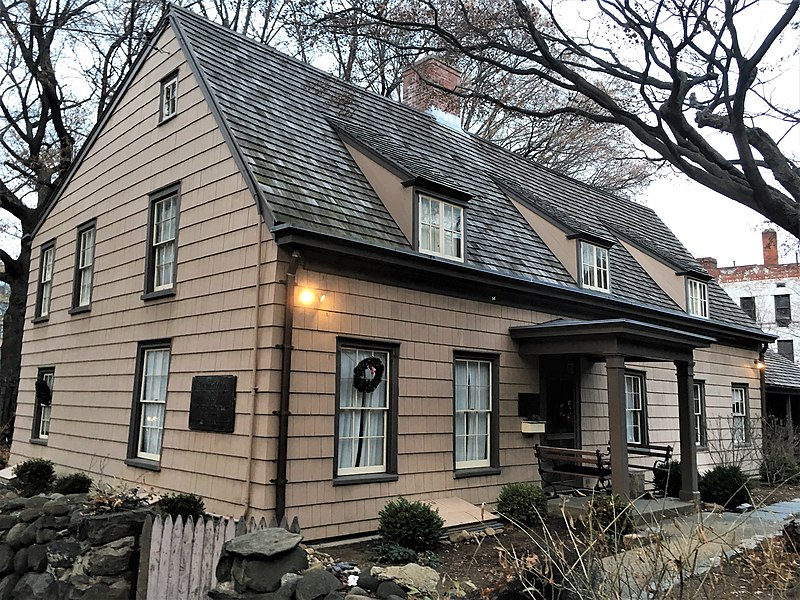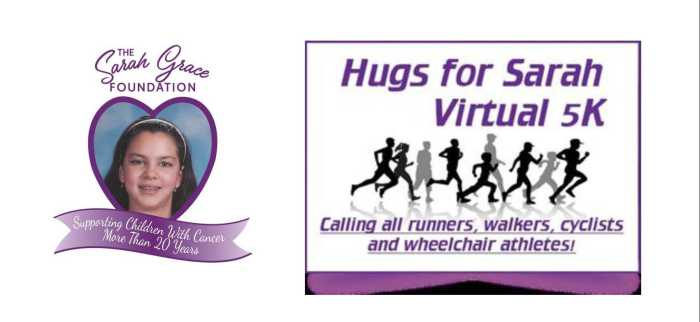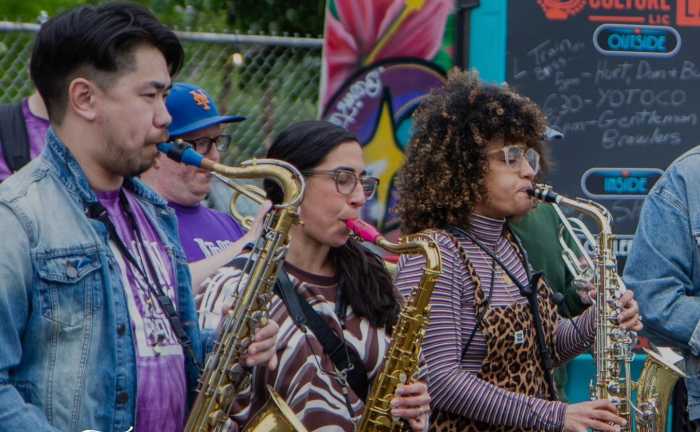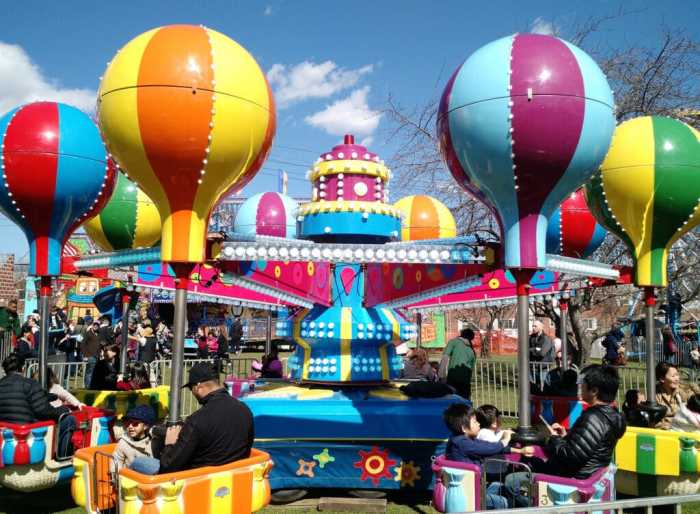
John Bowne House in Flushing has joined the National Underground Railroad Network to Freedom (Wikipedia via Station1)
Oct. 7, 2021 By Michael Dorgan
The National Parks Service has designated John Bowne House in Flushing as a research facility for the anti-slave movement in America.
The oldest house in Queens, known primarily for its role in establishing religious tolerance in America, has been selected to join the agency’s National Underground Railroad Network to Freedom.
The program brings together institutions and organizations that seek to preserve and promote the history of the Underground Railroad which operated during the early to the mid-19th century. The Underground Railroad was a network of secret routes and safe houses that helped enslaved African Americans escape into free states and Canada.
The National Parks Service selected Bowne House – which has operated as a museum since 1947 – to join the program due to its extensive archival holdings. The holdings at 37-01 Bowne St. document how previous residents of the building helped slaves find freedom through the Underground Railroad.
The operators of the house, the Bowne Historical Society, will now develop programs at the museum to teach people about those efforts. The operators say that joining the network will likely draw even more visitors to the museum in the future.
The museum is the first location in Queens to become a member of the National Underground Railroad Network to Freedom. Nearly 700 other members from across the country are part of the program.
Congresswoman Grace Meng welcomed the news and said the museum is an exceptional resource.
“It will help more people learn about the Underground Railroad and Queens’ long tradition of fighting for freedom and liberty,” Meng said.
John Bowne House was built around 1661 and its archives span nearly 350 years.
John Bowne, the house’s first owner, was arrested in 1662 for hosting a Quaker meeting at the location. Bowne’s successful appeal of the arrest established a precedent for religious tolerance and freedom in the colony of the Dutch Republic.






